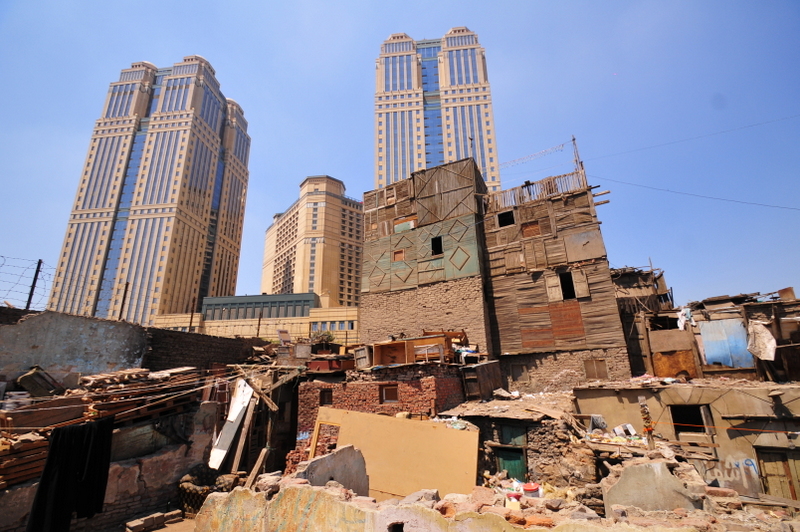Leaders of the Group of Seven (G7) industrialised nations will begin their annual talks on Monday, seeking a united front as escalating wars in Ukraine and the Middle East cast a shadow over the global economy and internal divisions persist.
The leaders from Britain, Canada, France, Germany, Italy, Japan, and the United States, alongside the European Union, are meeting until Tuesday at the Kananaskis resort in Canada’s Rocky Mountains.
Discussions are set against a challenging backdrop, with concerns over the foreign policy of US President Donald Trump in his second term. His approach to Russia and the imposition of tariffs, even on allies, have caused friction within the group.
Search for unity
With the escalating conflict between Israel and Iran driving up global oil prices, the summit is seen as a key moment to project a unified stance among the democratic powers.
“The most important goal will be for the world’s seven major industrialised countries to reach a consensus and take the necessary measures,” said German Chancellor Friedrich Merz ahead of attending his first G7 summit.
Achieving that will be challenging. After years of general consensus, traditional allies have struggled to maintain a unified position with Trump.
In a move to avoid a repeat of the 2018 summit in Quebec, where Trump instructed the U.S. delegation to withdraw its approval for the final communique after leaving, host nation Canada has opted against a comprehensive joint statement.
Instead, Ottawa is seeking consensus on a presidential summary of the main discussions and six pre-negotiated declarations on issues including migration, artificial intelligence and forest fires.
Focus on economy and trade
Two diplomatic sources said that efforts to agree on lowering the G7’s price cap on Russian oil have become more complex due to the rise in crude prices since Israel’s strikes on Iran on 12 June.
The Iran-Israel escalation is on the agenda, with diplomats hoping for at least a joint statement urging restraint and a return to diplomacy.
“We are united. No one wants to see Iran have a nuclear weapon, and we all want to resume discussions and negotiations,” French President Emmanuel Macron told reporters in Greenland on Sunday before travelling to Canada. He added that Israel’s reliance on U.S. weapons and munitions gives Washington leverage to push for a resumption of negotiations.
Trump said on Sunday that many calls and meetings were taking place to mediate peace.
The Russian question
Highlighting the concerns of some allies, Trump spoke with Russian President Vladimir Putin on Saturday and suggested the Russian leader could play a mediating role with Iran.
The idea was dismissed by Macron, who said Moscow could not be a negotiator as it had started an illegal war against Ukraine.
A European diplomat told Reuters that Trump’s proposal showed that Russia, despite its 2014 expulsion from the group after annexing Crimea from Ukraine, remained prominent in Washington’s thinking.
“In the US view… even its role in mediating with Iran will be seen as a positive. For Europeans, this will be a very difficult G7 summit,” the diplomat said.
Ukrainian President Volodymyr Zelenskyy and NATO Secretary General Mark Rutte are scheduled to attend the summit on Tuesday. European officials have expressed hope they can use the meeting and next week’s NATO summit to persuade Trump to toughen his stance with Putin.
“The G7 must aim for convergence again, and for Ukraine to get a ceasefire that leads to a strong and lasting peace,” Macron said. “In my opinion, it is a matter of knowing whether President Trump is ready to impose tougher sanctions on Russia.”



